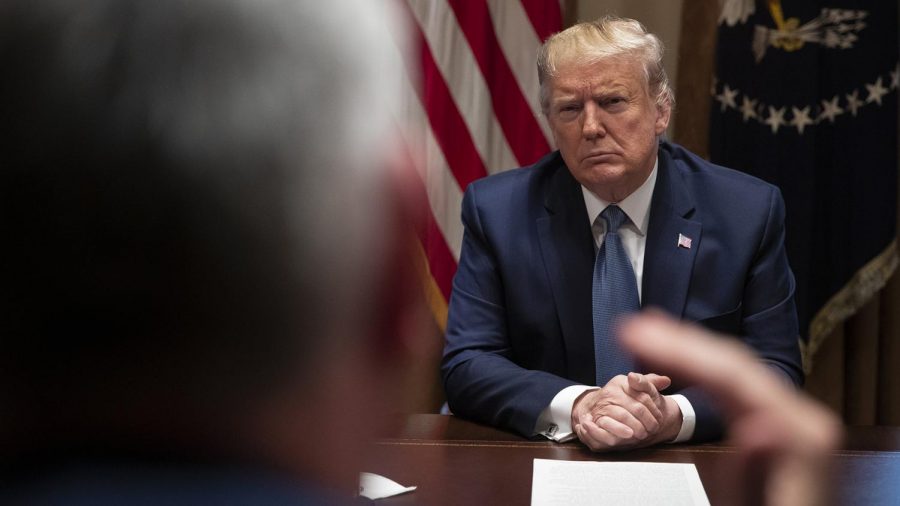So What Does Impeachment Mean, Anyway?
On December 18th, 2019, Donald Trump became the third president in United States history to be impeached. Three other presidents have faced impeachment proceedings, but only two have been successfully impeached – Andrew Johnson and Bill Clinton.
When Nancy Pelosi announced the opening of the impeachment inquiry in September, many Americans found themselves unfamiliar with the process of impeachment, or even what it means to be impeached. I decided to dig a little bit deeper into the process and educate myself further, especially as I get closer to becoming of voting age and am able to participate in our democratic political system.
Impeachment is a power Congress has to charge presidents or other federal officials from office if enough lawmakers find that they have committed “treason, bribery, or other high crimes and misdemeanors.”
To begin the impeachment process, Congress first investigates. This investigation typically begins in the House Judiciary Committee, but may begin elsewhere. Second, the House of Representatives must pass the articles of impeachment, which constitute the formal allegation or allegations. This is done by by a simple majority vote of those present and voting. Upon passage, the defendant has been “impeached.” Impeachment itself does not remove a public official from office, but instead charges them with a crime. Third, the Senate tries the accused. In the case of the impeachment of a president, the Chief Justice of the United States Supreme Court presides over the proceedings. The result of conviction is removal from office.
Specifically, Trump has been charged with abuse of power and obstruction of Congress.
He was charged with abuse of power on the basis of pressuring Ukraine to dig up information on one of his main Democratic challengers for the 2020 presidency, Joe Biden, as well as his son Hunter. Hunter worked for a Ukrainian company while Joe Biden was U.S. vice president under President Obama. The president is accused of dangling bargaining chips to Ukraine – withholding $400 million of military aid to Ukraine that had already been allocated by Congress, and a White House meeting for Ukraine’s president. Democrats said that this amounts to an abuse of presidential power, using the office for personal political gain and to the detriment of national security. Ukraine was using that money in its ongoing conflict with Russia. Mr. Trump was also charged with obstructing Congress by refusing to cooperate with the congressional inquiry.
So what’s the next step? Well, the House of Representatives has approved the sending of the articles to the Senate. Senate Majority Leader Mitch McConnell is in charge of organizing the trial, which is likely to be held in January 2020.
In my opinion, President Trump is unlikely to be convicted, especially since the Republicans hold the majority in the Senate, but for many, this will be a unique, once-in-a-lifetime experience to view our democracy in action. With the presidential elections coming up, it will be interesting to see how this impeachment process affects the dynamics of our political system.

(she/her/hers)
Alvira is a senior at Shaker High School, and this is her third year working with The Bison. Besides writing for the school newspaper,...


